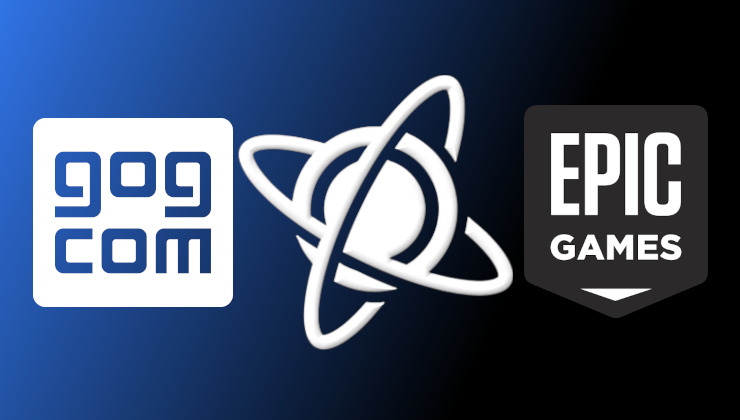Article Search
Below you can search based on article tags
Not finding what you're looking for? Ask for help in our  Discord Server.
Discord Server.
- Pricing announced for the Orange Pi Neo gaming handheld with Manjaro Linux
- A Hat in Time gets a surprise update with DirectX 12 and Vulkan support
- Fedora proposal to drop 32-bit support has been withdrawn
- Painkiller reboot confirmed for launch on October 9
- Steam gets more fixes for Legion Go S, 8BitDo and the In-Game Overlay
- > See more over 30 days here
Recently Updated
 How to play games from GOG and Epic Games on Linux, SteamOS and Steam Deck
How to play games from GOG and Epic Games on Linux, SteamOS and Steam Deck How to get Battlefield 3 and Battlefield 4 online working on Linux, SteamOS, Steam Deck
How to get Battlefield 3 and Battlefield 4 online working on Linux, SteamOS, Steam Deck